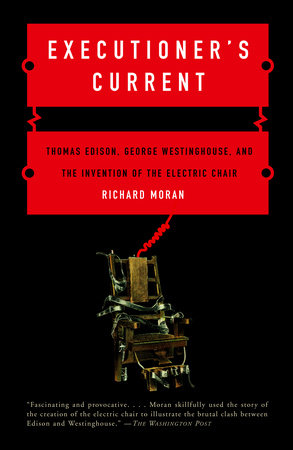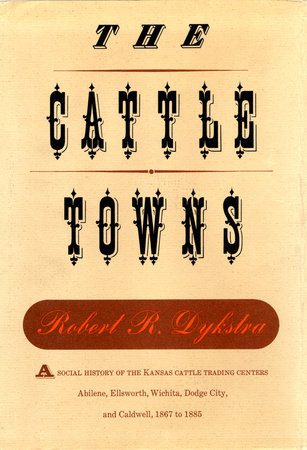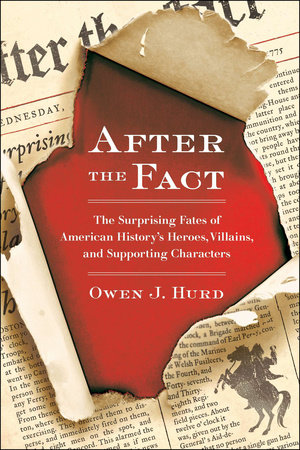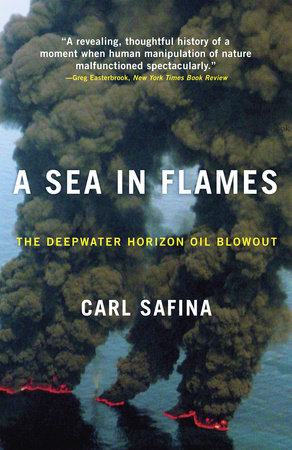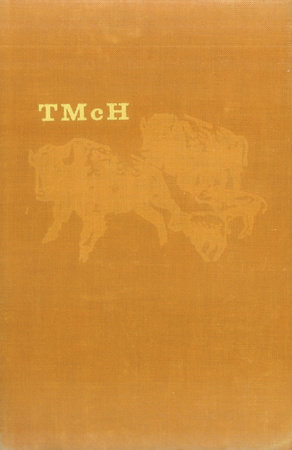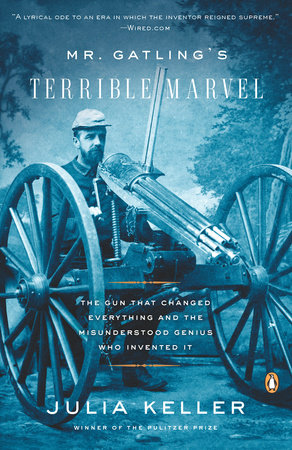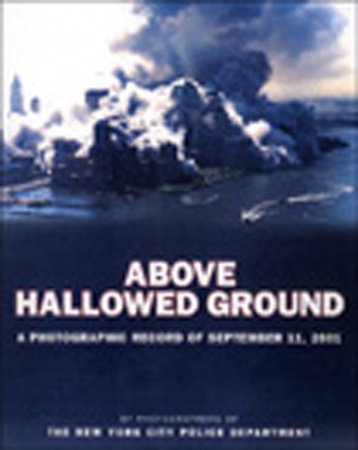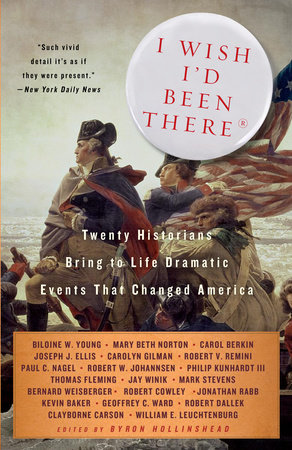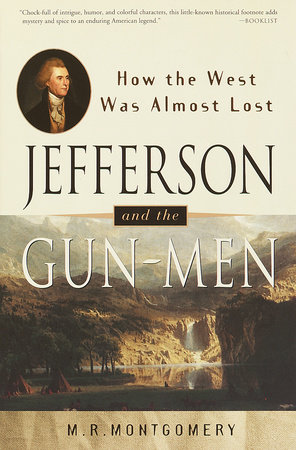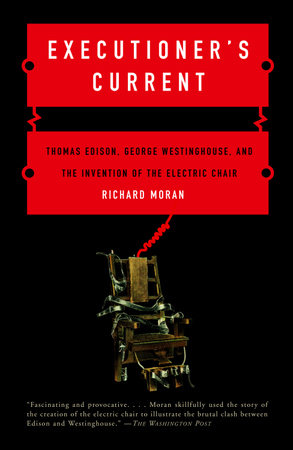Author Q&A
A Conversation with Richard Moran
author of EXECUTIONER’S CURRENT
Thomas Edison, George Westinghouse
and the Invention of the Electric Chair
Q:Why does it matter how the electric chair came into existence?
A: Because it reveals how social and cultural assumptions about science, technology, and progress came together with powerful economic interests and personal ambition to produce a change in the method of capital punishment. The book challenges the conventional wisdom concerning the introduction of new methods of execution. Far from representing an enlightened humanitarian concern for the welfare of the condemned, the electric chair was invented so that one electric company could maintain its economic advantage over another. By exposing the story behind the story, the book demonstrates how our most cherished social values can be manipulated to serve pecuniary interests.
Q: What does the story of its origin reveal about Americans?
A: The origin of the electric chair has broad implications for our understanding of the relationship of science and technology to social policy, and especially to the current debate on capital punishment. Kemmler’s electrocution is generally regarded as the first modern execution. It was the first to modernize the process of putting a man to death by employing science and technology in service to "humanity," and it was the first time the press had been barred from attending an execution and publishing its gruesome details. Once stripped of its symbolic content and instructive purpose, the goal of an execution was merely to kill the condemned man as quickly, painlessly and efficiently as possible. Thus, the electric chair embodied two of the most powerful cultural components of late nineteenth century America: a fearless almost fanatical faith in progress and a growing abhorrence to inflicting physical pain on fellow human beings. While our faith in science and technology has tempered somewhat, our distaste for inflicting pain or mutilating the body remains a driving force behind our continual search for a humane method of execution.
Q: Thomas Edison is a national hero. Why haven’t we heard about his ruthless business practices before?
A: Most writers have preferred to emphasize his great achievements in science and to overlook his personal flaws. Historians who write about Edison invariably write about his struggle with Westinghouse to control the emerging power industry, the so-called "Battle of the Currents," and most briefly mention his part in the origin of the electric chair, but until recently there has not been much interest in the business part of his career. Perhaps with Enron and WorldCom in the news, historians will become more attentive to this aspect of the great inventors life.
Q: Why has electrocution become the standard method of execution in America considering the horrifying outcome of its first use in 1890?
A: Despite periodic botches, the general sentiment developed that electrocution was less painful and more humane than hanging. Americans have always been in love with the idea of progress, and electricity (that mysterious fluid) promised to make life better and death less painful. Indeed, it is this faith in science and technology that led us to abandon the electric chair and adopt lethal injection. The "botching" rate for lethal injection is as high as for electrocution and still Americans believe it is the most humane method of execution.
Q: Does the story of the electric chair’s origin have import for the contemporary debate
regarding capital punishment (and how so?)
A: Yes, it helps explain our near universal embrace of lethal injection as the preferred method of execution. By applying the latest scientific methods, proponents of capital punishment hope to convince the public that the death penalty is humane and thereby morally justifiable. The entire history of capital punishment reform shows that each new method of execution is introduced during a period when there is mounting opposition to the death penalty. Ironically, it is the proponents of capital punishment who are constantly looking for a better, more humane way to kill, while opponents want to retain the old brutal method hoping to keep the pressure on for the abolition of the death penalty.
The story of the electric chair also reveals the way in which public policy is often affected by behind the scenes maneuvering of political and economic interests. It also reveals how moral and ethical issue are often transformed into technological and legal issues. In America, the moral issues of "humaneness" was transformed into a technological problem of "quick and painless," and then into the legal question of "cruel and unusual."
Q: Please describe what it’s like to witness an execution.
A: The witnesses that watched McVeighs execution on television saw only the very last moments of his life when he was already strapped to the gurney and the needles had been inserted. They did not see him in his holding cell two days before; they did not see him saying goodbye to his father; walking to the chamber, etc. All they saw was the end of the process. His actual death. Since most of the pain is psychological, the waiting and getting ready, the actual killing and the method is much less important. It is perhaps most important to the witnesses who must watch a condemned prisoner die.
Q: If the general public were able to witness executions, would our views on the legality [humanity?] of capital punishment change?
A: I believe that if people saw the process of execution, how it has become an empty ritual carried out in private, what it does to the execution team, that most people would be turned against it. Even if one believes in the justice of the death penalty, it is hard to approve of its administration.
Q: Why are you interested in issues of crime and punishment?
A: Essentially I grew up in a neighborhood where more of us were going to jail than college. I have always felt I understood criminals, that I have an intuitive sense of how they see the world. As a friend of mine once said: "We always knew Moran would grow up to be either a great criminal or a great criminologist." We just didn’t know which one.
